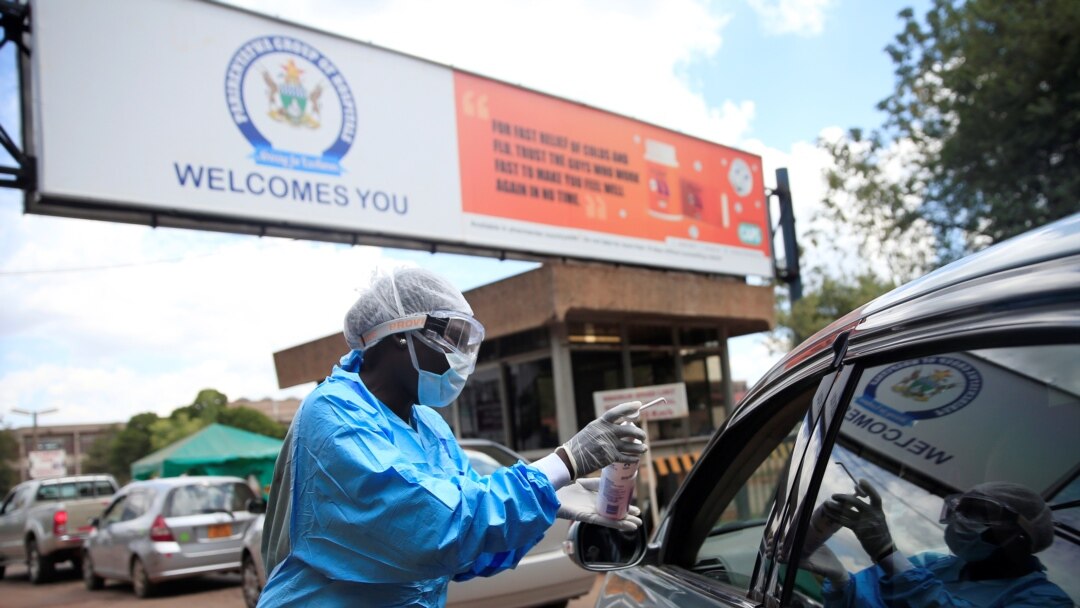Willie Theison has been working with African elephants for decades. His expertise has received worldwide recognition, earning him the nickname “Elephant Whisperer.”
Last year, the Victoria Wildlife Trust, a conservation nonprofit organization in Zimbabwe, contacted the International Elephant Foundation. Safari companies were using elephants, many of them orphaned by poachers, for safari rides. The practice was bringing the animals into contact with, local residents, in a country where tuberculosis is prevalent in the human population. And since this strain could be passed to elephants, the Trust wanted to teach handlers how to test their elephants for the disease.
Theison says it is a test done regularly on the elephant zoo population in the United States.
“The best test is what they call a trunk wash. We introduce fluid into the trunk and then put a bag at the end of the trunk,” Theison said.
Keepers then ask the elephant to blow into the bag, and the fluid is tested to see if the elephant is shedding any of the TB virus.
But it takes training and coordination to get the elephants to do this. The International Elephant Foundation contacted its members, and The Pittsburgh Zoo and CEO Barbara Baker responded that they would help. Baker had just the person — Theison. her elephant curator.
Theison has made several trips to Zimbabwe, and at first, it was difficult teaching the technique. The handlers were proficient in riding and guiding the elephants, but they had not worked much on the ground with the animals.
“That was the challenge, to get them to understand this is OK. That this is a really simple procedure, to hold the trunk and put a little syringe of water in it,” Theison said.
He broke the process into stages, using positive reinforcement in the form of treats and praise for each stage. Initially, the elephants blew the water in the handlers’ faces. But finally, both the handlers and the elephants got the hang of it.
The handlers also had to be tested for TB, since elephants can also transfer this strain of the virus back to humans.
Theison said he also learned much from the safari handlers. He was amazed at how calm the animals were, and how, after only an hour of being ridden each day, the elephants were allowed to free range — under the watchful eye of an armed guard, watching for poachers.
“The staff goes out with them and they let the elephants go, so they get to be elephants,” Theison marveled.
He was also surprised at how many older bull elephants were part of the safari rides, and how the handlers walked beside them without any incidents. In Pittsburgh, the adult bull, Jackson, is only handled in what is called “protected” contact. The keepers never are in with the bull elephant. They handle him through the bars of an enclosure.
Theison noted, “To see these 40-year-old bulls and these guys walking around them like we do our 8-year-old calves, there was a little anxiety, to begin with.”
But Theison realized there was just as much that he could learn from the Zimbabwe handlers as they could learn from him. He is now proposing continuing workshops, with an exchange of handlers between the two facilities thousands of miles apart.-WTAE






